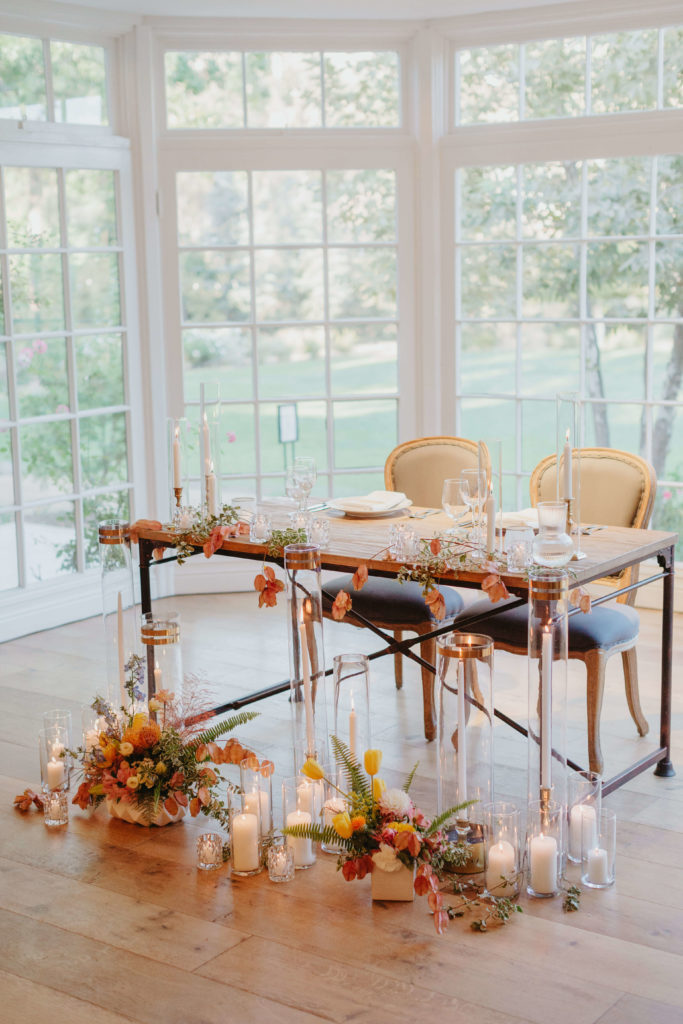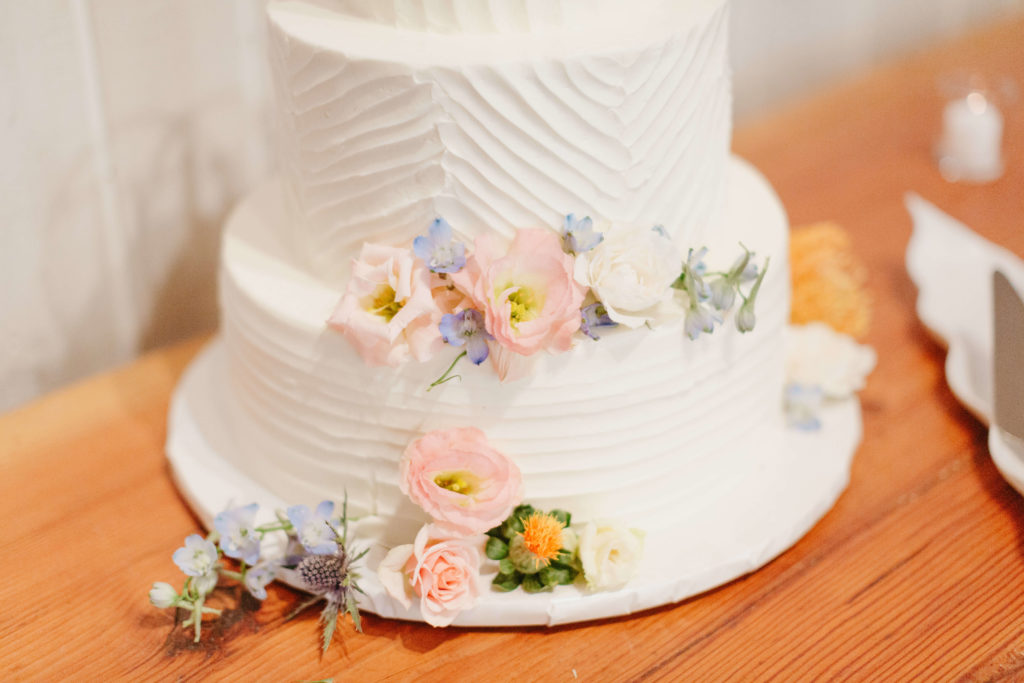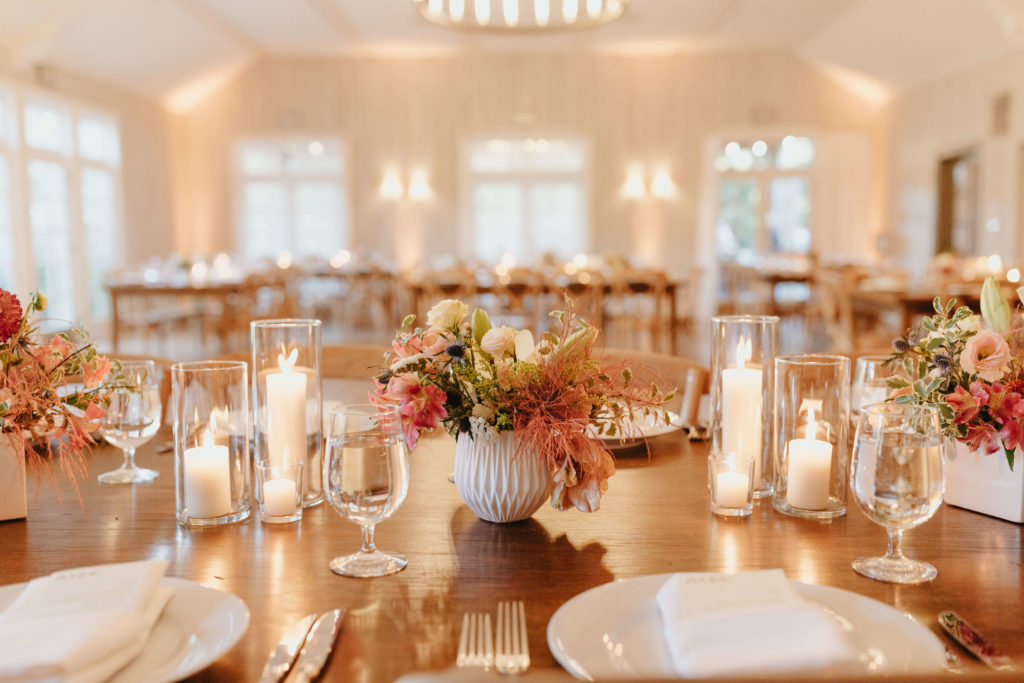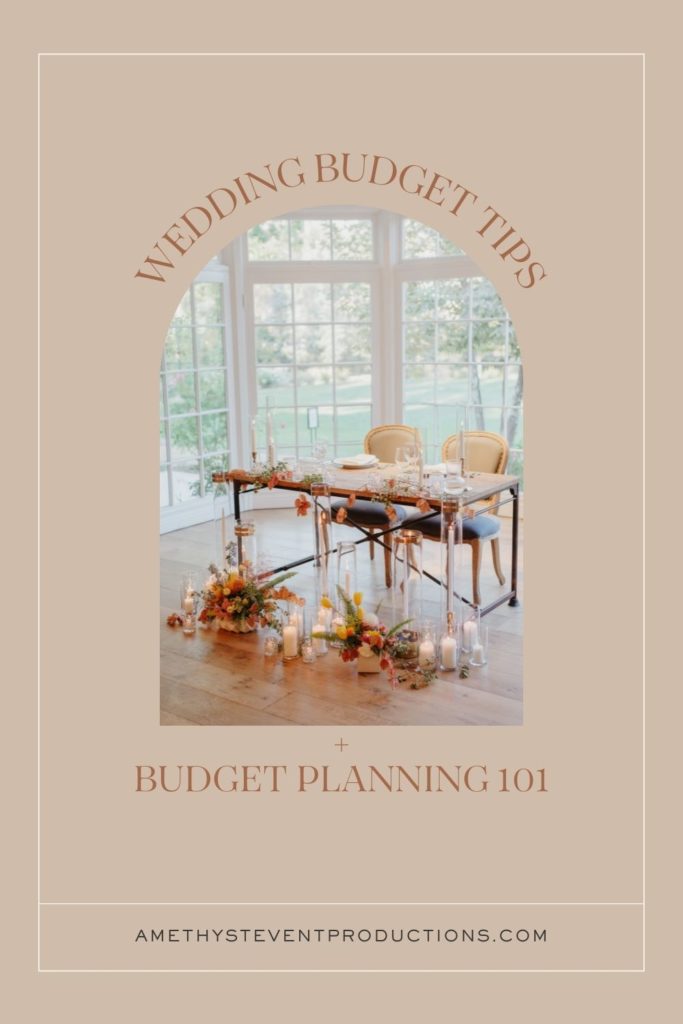Wedding Budget 101
One of your first steps in planning your wedding should be budget planning so, today, we’re chatting about wedding budget 101. Let’s get real. Everyone has a budget, and whether you want to spend $20,000 or $120,000, you should have a goal in mind before you start planning. Below, you’ll see our top tips for keeping your wedding budget in check – from how much to allocate to each wedding category to budgeting mistakes.
Getting a Wedding Budget Started
The first place to start is setting a budget. If anyone is helping to contribute to your total wedding spend, like parents or family members, make sure you consider those numbers along with what you can personally contribute. If you and your partner are hosting the wedding entirely on your own, be sure to discuss your desired spending and what your maximum contribution is. Many couples have no idea what the actual cost of a wedding is, and sometimes their vision exceeds their budget. That’s why it’s good to discuss these details before you start booking vendors.
Before you start wedding planning, you and your partner should also discuss your top priorities for your wedding. I recommend talking about your top three priorities and writing them down. Keeping a list of your preferences will help you keep them top of mind. When you plan a wedding, it’s easy to see things on Pinterest or Instagram that can distract you from what is essential and lead to overspending. When allocating your budget to specific wedding categories, you’ll want to keep these priorities in mind. For example, if your goal is to have a wedding band, but photography isn’t as important, you can shift some of the allocations from one to the other.

Wedding Budget Allocation
The majority of your wedding budget will be allocated to your venue, catering, and bar costs: 45%
Photography and Videography: 12%
Decor – this includes flowers, lighting, and specialty rentals: 10%
Entertainment: 8%
Wedding Planning Services: 8%
Attire and Styling Services: 5%
Stationery: 2%
Wedding Bands: 2%
Parking/Transportation: 2%
Gifts: 1%
Surprise Costs: 5%
As a reminder, your wedding budget should flex depending on your priorities. If it’s more important to have hanging flowers than a videographer, you might decrease the amount you save for videography so you can increase your flower investment.

Keeping Track of Your Budget
Whether your wedding planner is budget planning and keeping track of your total costs or you’re taking that task on yourself, you need to keep track of your wedding costs. We provide our clients with a budget tracking tool within Aisle Planner, but you can use a simple budget spreadsheet. Regardless, knowing where your money is every step of the way is so important. This is where you’ll need to reference your top three priorities. If photography isn’t ranked in your top three, do not overspend in that category as much as you might like their work. Once you start overspending in one category, it is very easy for your budget to creep over your total desired spending.

Wedding Planner Tips
I cannot stress enough the value of consulting with your wedding planner. If you provide your planner with your top three wedding must-haves and your total budget, they will provide you with creative ways to keep your budget in check. Perhaps instead of opting for specialty flatware or glassware, you can keep your tableware classic and focus your design efforts on your florals.
More people equals more money, and it’s as simple as that. The higher your guest list, the more you can anticipate spending. If your dinner is $100 per person, you can save $1,000 by hosting ten fewer guests. The same principle applies to a large wedding party. A smaller wedding party means fewer bouquets or boutonnieres you need to add to your floral invoice and fewer people who need hair or makeup services.
Finally, don’t forget about the service charge and taxes on your wedding services! Your wedding flowers are items that have local taxes applied, and food and beverage typically have a service charge and local tax applied to the full quote. Always ask your potential venue or vendor for the total estimated cost so you can make the appropriate financial decision.

See our blog post at Arise Private Wealth‘s blog page along with other great financial planning tips!